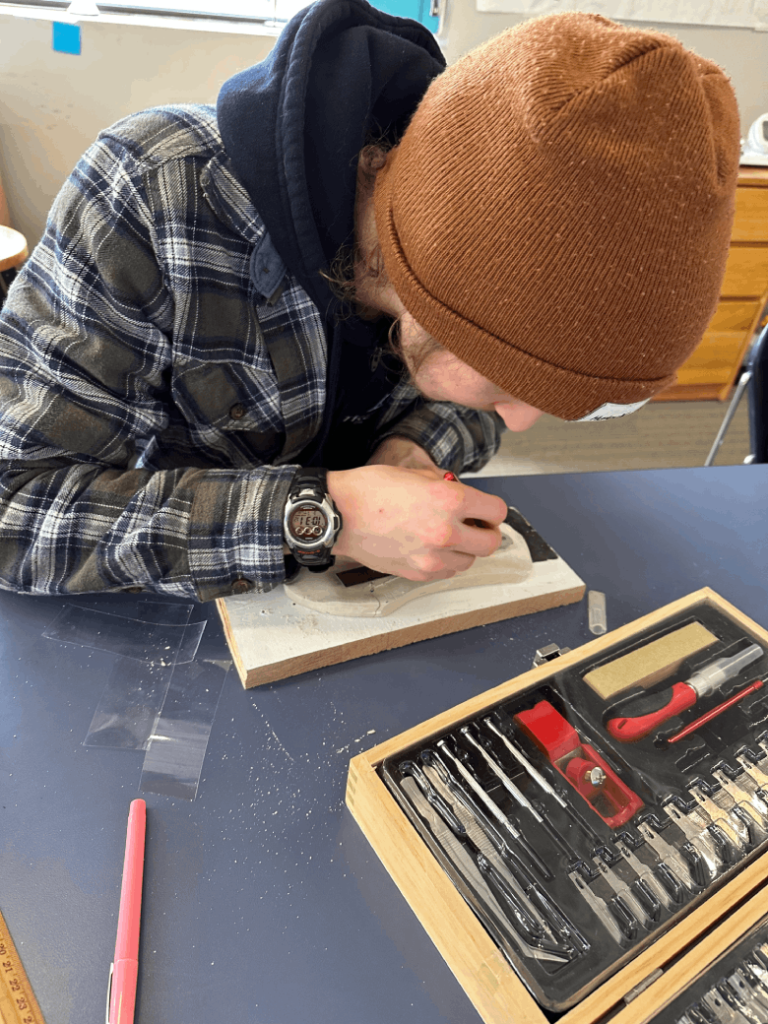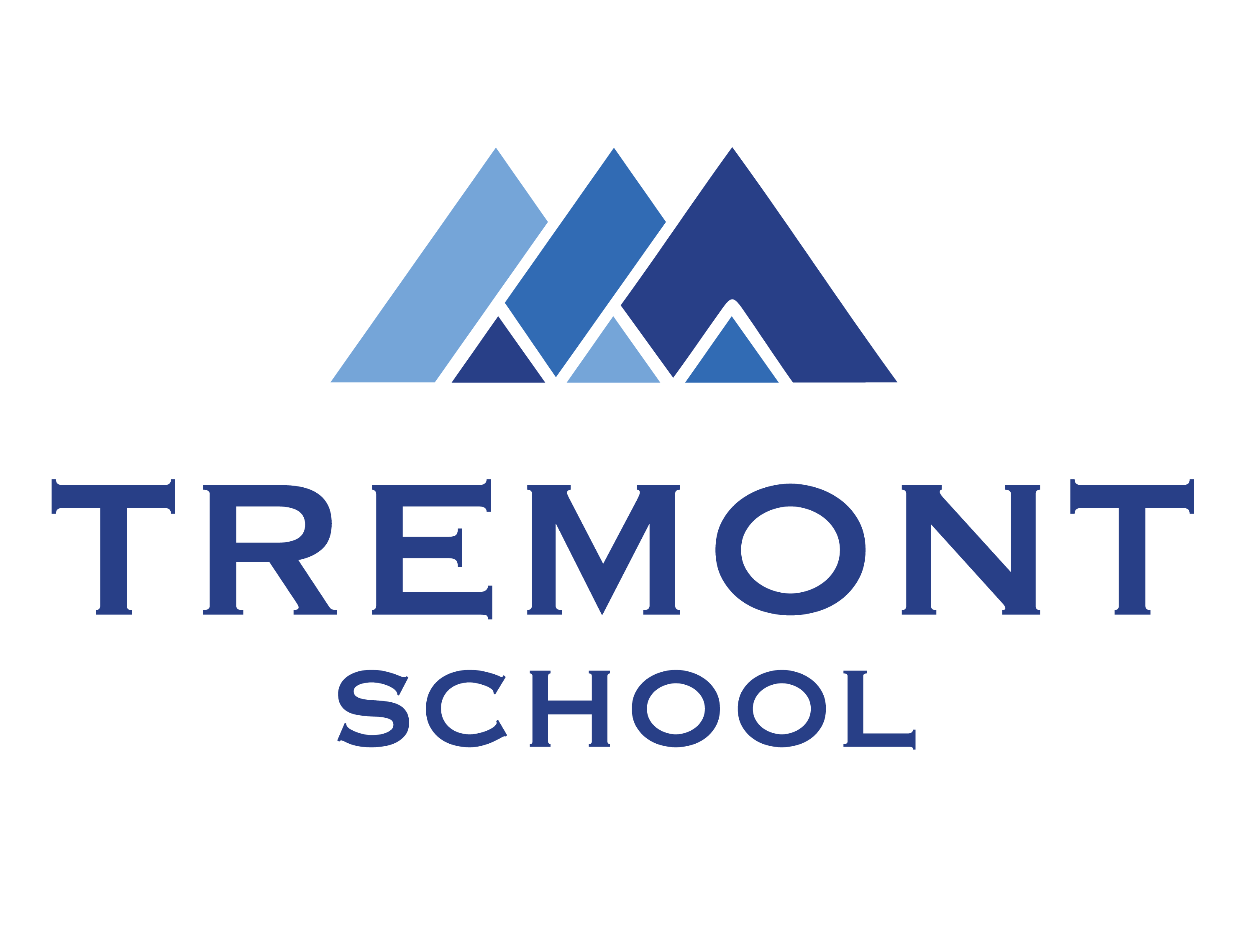A Living Curriculum
The goal of the Living Curriculum is to breathe new life into the process of learning for each individual student. This fresh air rekindles the flame of natural curiosity. This natural curiosity drives engagement through the Middle School and High School experiences.
The Living Curriculum pedagogy consists of seven principles. Living Curriculum:
- focuses on developing adaptive expertise instead of classical expertise
- views the learner as curious, motivated, and planful
- centers on the epistemic (or finding out) emotions
- assumes that social-emotional learning is critical to all learning
- is developed by the one living it
- views expertise as distributed across members of the school community and beyond
- is dynamic, changeable, and responds to what is relevant at that time.
Students do experience a teacher-designed curriculum rooted in inquiry, known competencies, subject-specific essential skills, and periodic project-based assessments. Together with organic interests, it is out of this rich soil that students’ living curriculum emerges. A Tremont education is one that honors both that which talented and progressive educators bring to the table, as well as that which students themselves name as their curiosities. Tremont’s curriculum is designed with an accordion-like muscle to expand and contract with students’ collective and individual interests–while maintaining an investigatory and scholarly lane even when students take the wheel.
Living Curricular elements are guided by The Moves of a Living Curriculum Learner. “These moves reflect the behaviors of life-long learners. Each one has sub-routines that support the broader aims… and are best used iteratively” depending on where on the continuum a student is in their investigatory learning. Linked above in table and listed here are examples of moves or prompts to guide students’ individual journey into a subject or concept, include:
- Mapping knowledge or understanding
- mapping the terrain
- detecting barriers
- finding expertise
- Path-building
- asking questions
- leveraging resources,
- charting and revising paths
- Self-assessing
- questioning oneself or the group
- mapping concepts
- regulating myself
- Engaging deeply
- honoring the epistemic emotions–the finding out emotions
- finding provocations such as phenomena, metaphors, challenges that provoke investigation
- inviting flow–that deep state of engagement and focus
Tremont takes a highly personalized approach to education that lifts up students’ strengths, makes room for individual interests, and honors individual learning styles as well as stretches students’ various capacities. The primary goal of the Living Curriculum is to promote understanding and deepen skills through the above described guided discovery process. Collaborative and individual work are woven together into a learning environment, encouraging exploration, engaged participation, and problem solving.



